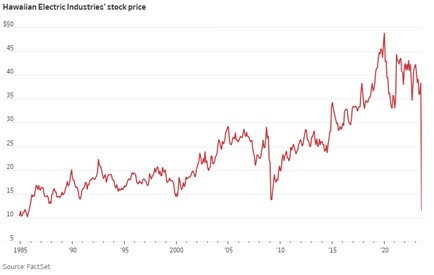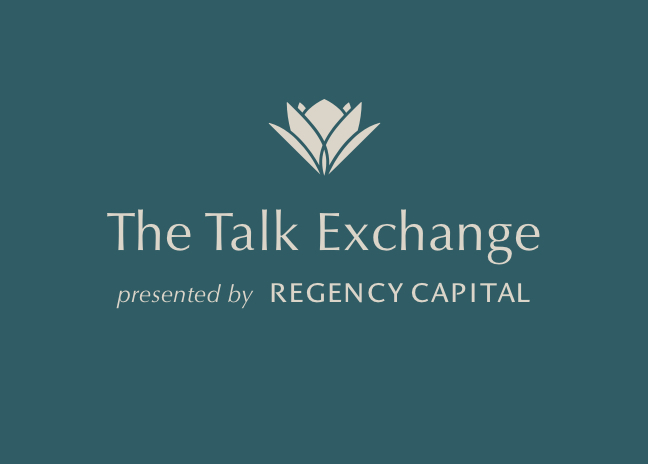Don’t tell me what you think, tell me what’s in your portfolio!
Kawika Shoji
I recently read Nassim Nicholas Taleb’s Skin in the Game, in which he discusses how a balance of risk and reward is crucial to fair and prospering societies. He argues that there is often asymmetry in the sharing of risk/the downside that leads to poor decision making and unethical transactions. What’s Taleb’s solution? Insist on having some skin in the game; when making transactions or decisions, all players should share the consequences if things go wrong. If someone is getting paid for advice, they should pay a price if harm results. The higher the price, the more skin in the game. Unfortunately, more often than not the opposite occurs. Skin in the game is often absent, allowing one actor to reap rewards, while the other is left with risks and penalties to pay.
The Bob Rubin Trade
Taleb uses the 2008 financial crisis (we could do the same for the 2023 regional bank crisis) as an example of how an absence of skin in the game and hidden asymmetries can derail a system. Bankers, like Bob Rubin, made money (Rubin over $120 million) through loans and mortgages, while transferring the risk to the American public. When the mortgages went under, Rubin was bailed out and incurred a slap on the wrist. Without skin the game, he was siloed from the consequences of his decisions.
“When the bank, literally insolvent, was rescued by the tax payer, he didn’t write any check – he invoked uncertainty as an excuse. Heads he wins, tails he shouts ‘Black Swan.’”
Nassim Nicholas Taleb
Suitability vs. Fiduciary
Unfortunately, there are plenty of asymmetries throughout the money management industry as well. Part of the problem is that most advisors are bound by suitability standards, rather than fiduciary ones. What does that mean? Under suitability criterion, recommended investment products are justified if they are “suitable” to your needs, goals, and risk tolerance. Cost is often not considered. If there are two solutions that fit the criteria, you can guess which one you are getting sold: most likely the one that generates the higher commission.
On the other hand, under fiduciary standards, every piece of advice and resulting investment must meet a more stringent “best interests” standard.
Many products, mutual funds or even annuities, are not necessarily poor investments in and of themselves, but are they being recommended because they are in your best interest, or because the advisor earns more from the sale? Advisors adhering to the suitability standard may be acting in the client’s best interest, but it’s important to examine asymmetry and hidden incentives nonetheless.
What’s in your portfolio?
Advisors should have skin in the game. They should have compensation arrangements where they only earn more if their clients do. They should eat their own cooking: since they are investors, too, shouldn’t they be invested in the same things they recommend to clients? Shouldn’t they share in both the upside and downside of their own investment advice? Find out if they eat their own cooking by asking what they own themselves. Better yet, ask to see their portfolio.
The content provided in this document is for informational purposes and does not constitute a solicitation, recommendation, endorsement, or offer to purchase or sell securities. Nothing should be considered personal financial, investment, legal, tax, or any other advice. Content is information general in nature and is not an attempt to address particular financial circumstance of any client or prospect. Clients receive advice directly and are encouraged to contact their Adviser for counsel and to answer any questions. Any information or commentary represents the views of the Adviser at the time of each report and is subject to change without notice. There is no assurance that any securities discussed herein will remain in an account at the time you receive this report or that securities sold have not been repurchased. Any securities discussed may or may not be included in all client accounts due to individual needs or circumstances, account size, or other factors. It should not be assumed that any of the securities transactions or holdings discussed was or will prove to be profitable, or that the investment recommendations or decisions we make in the future will be profitable or will equal the investment performance of the securities discussed herein.


